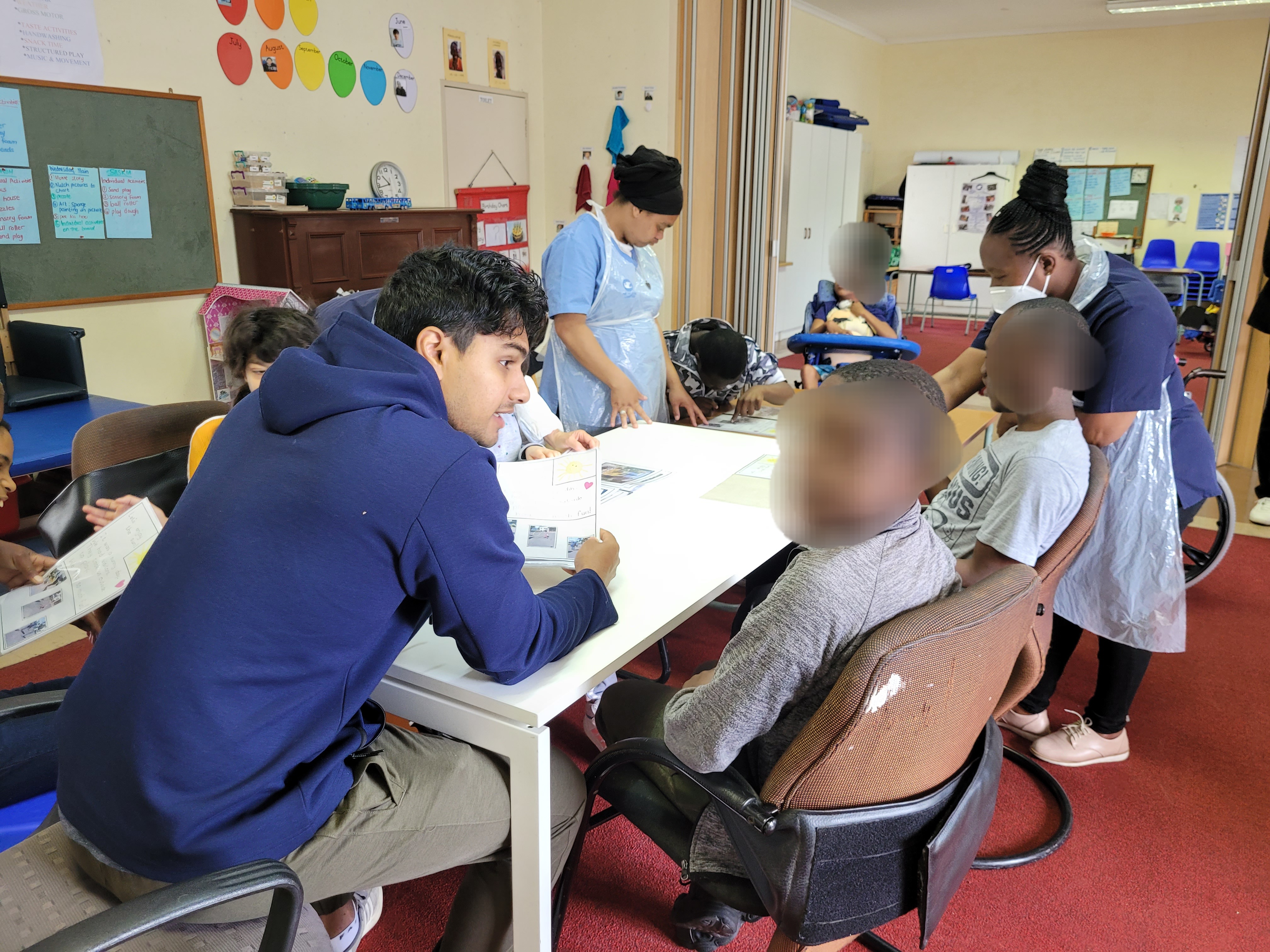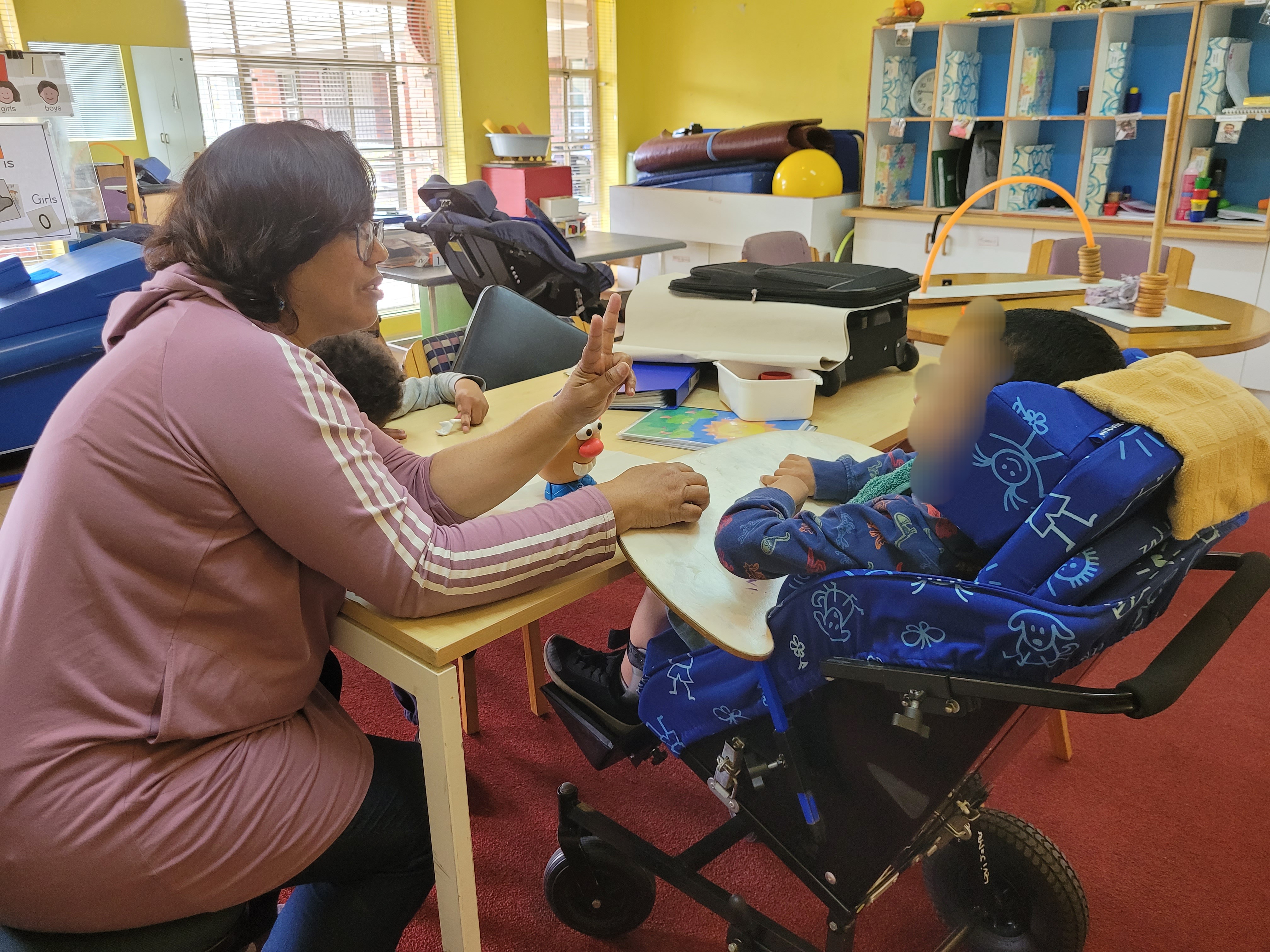
News
A child must first be seen as a child, and secondly as a child with a disability
“Each child with a disability needs to be accepted within their broader communities. The child must first be seen as a child, and secondly as a child with a disability,” says Eleanor Harker, a Social Worker Supervisor at the Western Cape Cerebral Palsy Association.
The Association, one of 219 Non-Profit Organisations (NPOs) in the disability sector subsidised by the Western Cape Department of Social Development (DSD), offers a variety of support and education services to children with cerebral palsy.
Harker says although Disability Rights Awareness Month is commemorated between 3 November and 3 December annually, it is important that citizens create inclusive spaces for children with special needs every day, as they are among the most vulnerable in society.
All of us should be doing our part to remove social, physical, and attitudinal barriers faced by persons with disabilities.
“Children are our future changemakers. Those with special needs are no different and deserve all the support available to them. The challenges they face are too often from the very communities that should be protecting and helping them. It is up to us to ensure that these young ones are afforded the same opportunities when it comes to accessing education, public spaces, healthcare and other services,” says Western Cape Minister of Social Development, Sharna Fernandez.
Those who work with these children say limited resources often hinder the services they provide.
“We must go to each one’s house to fetch them because they are not mobile. Many of them are non-verbal. We can’t outsource transport because they are extremely vulnerable. But we do provide a happy environment. Many of them come from disadvantaged backgrounds and their communities are riddled with many socio-economic problems. We try to provide a happy and secure environment,” says Fatima Shaboodien, principal of De Heide Special Care Centre.
There are also rewarding moments for these superheroes, who provide much-needed relief to families from impoverished communities. Harker explains, “The most rewarding part of my job is to experience the development of a child to his or her full potential. The development is sometimes limited but with each child, it contributes to their well-being. Taking care of a child with a severe disability with few resources is very difficult. To provide support to families and walking the path with them makes this path much easier.”
The DSD is committed to breaking down the barriers that children with special needs face daily. One of these is a lack of accessible transportation to schools or special care centres, which greatly hinders their educational development.
To date we have handed over four vehicles to facilities in need: Masixole Special Care Centre in Beaufort West, Nomaxabiso in Phillipi, Vrolike Vinkies Enrichment and Development Centre in Ceres and most recently, the Vukani Centre of Children with Special Needs. We are planning on donating more to other facilities.
The Department, in partnership with NPOs, also provides support services to persons with disabilities, which include:
Disability awareness and educational programmes;
Developmental supportive and therapeutic services (social work interventions): counselling, support group programmes;
Daycare programmes for adults and children with disabilities;
Support programmes for families/caregivers; and
Protective workshops services and residential care services.
To access more information about services offered by the Department, call our toll-free number on 0800 220 250, send an email to SD.CustomerCare@westerncape.gov.za or visit the department’s website:https://www.westerncape.gov.za/dept/social-development
Monique Mortlock-Malgas
Media Liaison Officer
Ministry of Social Development
Tel: 084 775 2975





